When world leaders gather at major summits, diplomatic language typically dominates conversations. However, Prime Minister Narendra Modi broke from convention with his pointed observation about global institutions operating with outdated technology frameworks.
At the recent BRICS Summit, Modi delivered a memorable critique that resonated across international media. His sharp comparison between modern software capabilities and antiquated typewriter systems highlighted fundamental problems plaguing global governance structures today.
PM Modi Sharp Technology : The Context Behind Modi’s Pointed Observation
During his address, Modi emphasized how global institutions often cling to legacy systems while expecting contemporary results. His comparison struck a chord because it perfectly captures the frustration many nations experience when dealing with bureaucratic inefficiencies.
The Prime Minister’s words carried extra weight given India’s rapid digital transformation over recent years. Your country has witnessed firsthand how technology can revolutionize governance, making Modi’s critique particularly credible on the international stage.
Why This Comparison Matters for Global Governance
Modi’s technology analogy serves multiple purposes beyond simple criticism. First, it highlights the urgent need for institutional reform across international bodies. Second, it demonstrates how developing nations increasingly demand modern approaches to global challenges.
Consider these key areas where outdated systems create bottlenecks:
- Financial institutions still rely on paper-based processes for critical decisions
- Trade agreements require manual approvals that delay economic cooperation
- Climate initiatives lack integrated digital platforms for effective coordination
The Broader Message About Global South Representation
Beyond technology concerns, Modi’s comments reflected deeper issues about representation and voice in international affairs. His critique wasn’t merely about software versus typewriters – it addressed systemic problems that limit developing nations’ influence.
The Prime Minister’s words carried particular significance because they came from someone who has successfully modernized his nation’s digital infrastructure. When Modi speaks about technology gaps, global audiences listen because India’s digital achievements speak volumes.
Impact on International Relations and Future Reforms
Modi’s frank assessment at the summit likely sparked private conversations among world leaders about necessary reforms. His ability to articulate complex issues through simple analogies makes his diplomatic messages more accessible to broader audiences.
Your understanding of these dynamics becomes crucial when following international developments. Modi’s critique represents more than clever wordplay – it signals growing impatience with institutions that resist necessary modernization efforts.
PM Modi Sharp Technology: Technology as a Catalyst for Diplomatic Change
The comparison between modern software and vintage typewriters perfectly illustrates how technology gaps affect diplomatic effectiveness. When institutions cannot adapt to contemporary communication methods, they lose credibility with younger generations and tech-savvy leaders.
Modi’s comments suggest that future diplomatic success depends on embracing digital transformation rather than clinging to traditional methods. This shift could revolutionize how international bodies conduct business and make decisions.
What This Means for Global Cooperation Moving Forward
The Prime Minister’s critique opens doors for meaningful conversations about institutional reform. When respected leaders speak candidly about systemic problems, it creates opportunities for collaborative solutions that benefit everyone involved.
Your awareness of these changing dynamics helps you understand why certain international negotiations succeed while others stagnate. Modi’s willingness to challenge outdated systems demonstrates the kind of leadership that drives progress.
Lessons for Other International Bodies
Modi’s technology critique offers valuable insights for various international organizations beyond BRICS. His message resonates because it addresses universal challenges that affect global cooperation across multiple sectors and regions.
The comparison serves as a wake-up call for institutions that have grown comfortable with inefficient processes. When leaders from major economies demand modernization, change becomes inevitable rather than optional.
Conclusion: A Call for Digital Diplomacy
Prime Minister Modi’s sharp observation about software versus typewriters represents more than clever rhetoric. His critique highlights fundamental tensions between traditional diplomatic methods and contemporary expectations for efficiency and transparency.
Your understanding of these evolving dynamics positions you to better comprehend future international developments. When world leaders demand institutional reforms, it signals broader shifts in global power structures and diplomatic norms.
The BRICS Summit will be remembered not just for its formal declarations, but for Modi’s memorable critique that captured widespread frustration with outdated systems. His words may well catalyze the very reforms he advocated during his compelling address.

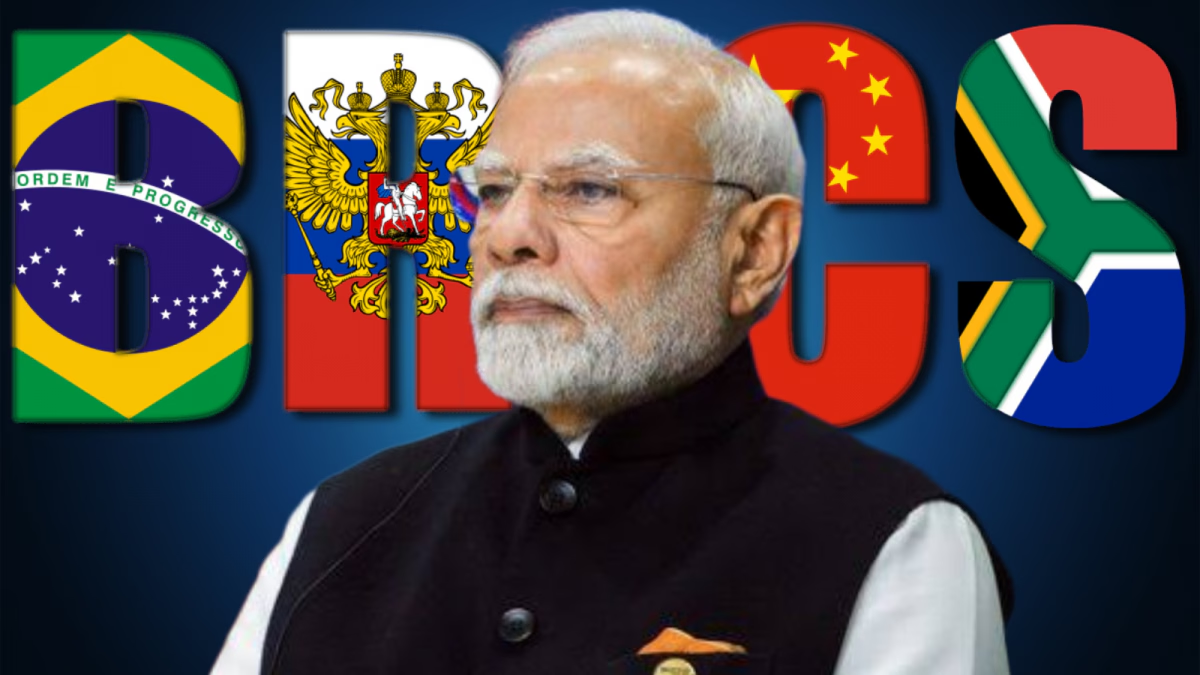
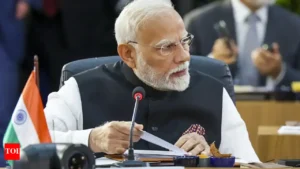
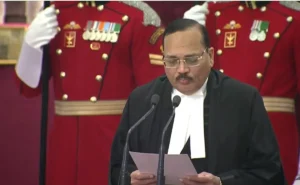
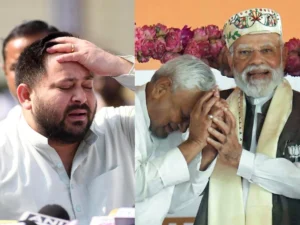
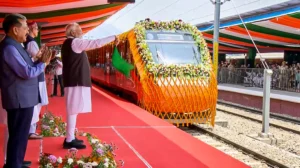


Be First to Comment